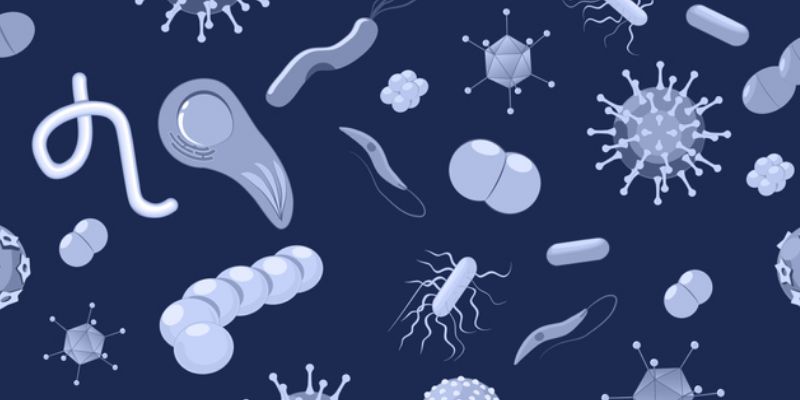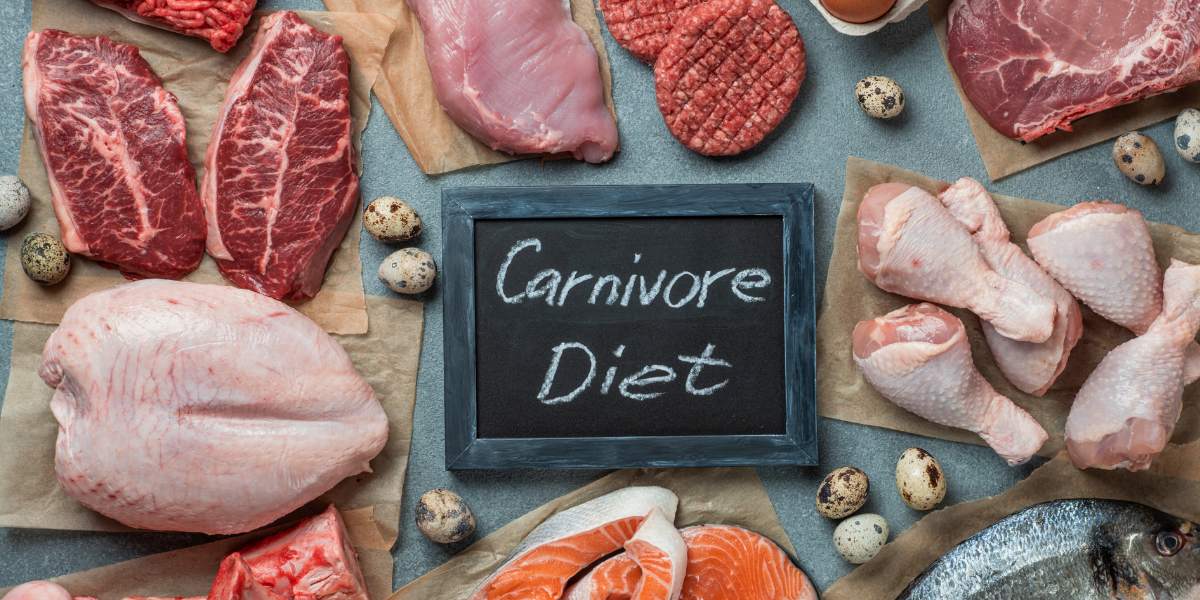New research suggests that the chemicals produced by gut microbes in the digestive tract when digesting red meat can help explain the increased risk of cardiovascular disease linked to eating red meat.
Cardiovascular disease is the top cause of death in the world and, although the risk of developing the disease increases with age, lifestyle changes can lessen the risk.
Improved cardiovascular health is associated with particular lifestyle behaviour changes, such as eating healthy, exercising regularly, getting enough sleep, stopping smoking, and managing blood pressure, cholesterol levels and blood sugar.
- Study finds lean red meat can be consumed as part of a healthy diet
- Growth outcomes similar in children following meat and plant diets, research confirms
Co-lead author of the study Meng Wang, Ph.D., a postdoctoral fellow at the Friedman School of Nutrition Science and Policy at Tufts University in Boston, explained: “Most of the focus on red meat intake and health has been around dietary saturated fat and blood cholesterol levels.
“Based on our findings, novel interventions may be helpful to target the interactions between red meat and the gut microbiome to help us find ways to reduce cardiovascular risk.”
Past research has discovered that particular chemical by-products of food digestion (metabolites) are linked to a higher likelihood of developing atherosclerotic cardiovascular disease (ASCVD). Trimethylamine N-oxide (TMAO) contains high amounts of the chemical L-carnitine and is one of these metabolites created by gut bacteria after eating red meat.
Although high levels of TMAO in the blood are linked to a greater risk of CVD, chronic kidney disease and type 2 diabetes, it is still unknown whether TMAO and other metabolites derived from L-carnitine could explain or contribute to the association between eating red meat and a higher cardiovascular risk.
With this in mind, the study researchers analysed levels of metabolites in blood samples. They also assessed whether blood sugar, inflammation, blood pressure and blood cholesterol could cause the increased cardiovascular risk linked to eating red meat.
Data used by the researchers came from the Cardiovascular Health Study (CHS), an observational study which analysed the risk factors for cardiovascular disease in 65-year-olds and over in the United States. The average age of the 5,888 participants was 73 at the time of enrolment, almost two thirds identified as female and 88% identified as white. On average, each participant received a follow-up after 12.5 years where their medical history, lifestyle, health conditions and sociodemographic characteristics were measured.
- Gorging on red meat is not good for heart health
- Study suggests vegetarians are healthier than meat eaters
The new study included 3,931 of the participants initially recruited between 1989 and 1990 for the CHS. The data used in the current study only involved participants who had no clinical cardiovascular disease when they were enrolled in the CHS.
Researchers used the numerous blood biomarkers which were taken at the beginning of CHS and from 1996 to 1997. They were tested for levels of various gut-microbiome levels associated with eating red meat consumption, such as TMAO, gamma-butyrobetaine and crotonobetaine.
At the time of the CHS, the 5,888 participants answered two questionnaires describing their dietary habits at the beginning of the study, and in 1996 to 1997.
The new research utilised these questionnaires to compare the cardiovascular disease risk for participants who ate different quantities of animal source foods. Results showed that people who ate more meat, especially red and processed meat, had a greater risk of atherosclerotic cardiovascular disease. They displayed a 22% higher risk per 1.1 serving of meat per day.
The researchers explained that the increased blood levels of related metabolites, including TMAO, accounted for around 10% of the greater risk. They also found that blood sugar and general inflammation pathways could also explain and are important in the association between eating red meat and cardiovascular disease.
The study added: “Intakes of fish, poultry, and eggs were not significantly associated. In this large, community-based cohort, higher meat intake associated with incident ASCVD, partly mediated by microbiota-derived metabolites of L-carnitine, abundant in red meat.
“These novel findings support biochemical links between dietary meat, gut microbiome pathways, and ASCVD.”
Wang added: “Research efforts are needed to better understand the potential health effects of L-carnitine and other substances in red meat such as heme iron, which has been associated with type 2 diabetes, rather than just focusing on saturated fat.”
The research was published in the American Heart Association’s peer-reviewed journal Arteriosclerosis, Thrombosis, and Vascular Biology.





